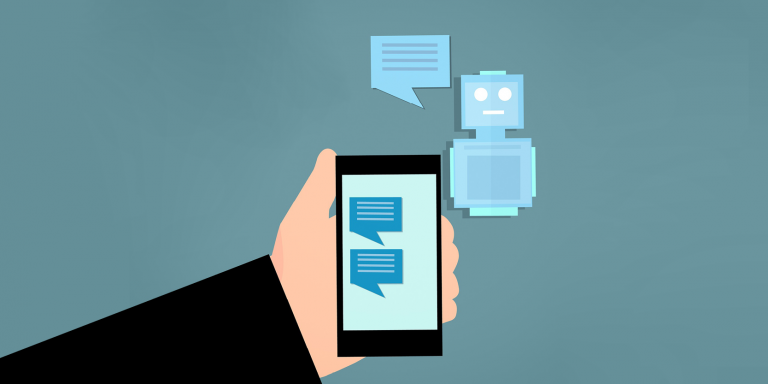
The protection of personal data is problematic, most people accept its use without really knowing what they are committing to. To help them understand how their data is used and whether it is used within a legal framework, the University of Lucerne has developed an “AI lawyer” in collaboration with the data protection platform Profila.
Swiss companies are subject to the federal DPA law, which concerns the protection of citizens’ data in Switzerland, but also to the RGPD. Customers, subcontractors can be part of the EU, unlike in Switzerland, the company will then have to comply with the RGPD. The DPA has been revised and the new law, which is closer to the requirements of the RGPD, should be in place during 2022.
When making a purchase or using a service, we often accept the conditions of use of the data by the company without reading them, the length and content of these documents do not really encourage us to do so. And we can find ourselves being harassed by advertising e-mails or phone calls without knowing whether companies have the right to use our data in this way. Michiel Van Roey, co-founder of Profila, an international platform specialising in data protection, customer loyalty and marketing explains:
“Consumers are often unaware of what companies have the right to do with their data and how they can defend themselves against unwanted use of that data.”
A chatbot as a lawyer
The University of Lucerne Informatics and Profila conducted a study in 2019 to analyze Swiss privacy policies and legislation. They then developed an intelligent and expert knowledge base in the form of a chatbot that will provide automated answers to privacy questions or advice from an expert in this field. The chatbot will provide information on how companies use data, in the form of questions and answers that are understandable to the layman, and advise them on how to manage their data. Michiel Van Poey states:
“Consumers need to be able to determine more easily themselves who has access to their personal data and what it is used for.”
This AI lawyer is a chatbot app for smartphones similar to Siri or Alexa.
Precise legal answers
Alexander Denzler’s research team from the Department of Computer Science at the University of Lucerne developed the database and provided the algorithm with almost 1 million documents concerning legal cases, court judgments general terms and conditions of companies, data usage guidelines of authorities or associations. Alexandre Denzler explains:
“The more data the system has, the more it learns”.
Speech recognition remains a challenge, as most users do not know the legal terms, as Alexandre Denzler assures us:
“Our artificial intelligence must nevertheless be able to understand what legal issues are behind a question. When it comes to legal questions, the answers must be precise.
A lawyer to take over from the AI for complex questions
Profila’s lawyers will test the algorithm. Their questions will help the digital assistant improve, and a first reliable version is planned for the end of 2022. Alexander Denzler points out that the AI lawyer may not provide a satisfactory answer if the questions are too specific or have never been asked before. In this case, the chatbot will suggest that users call a lawyer specializing in the field in question, whose services are estimated at 10 Swiss francs, or just under 10 euros, for each question.
A project funded by Innosuisse, the Swiss federal agency.
Once the database is developed and the network of lawyers is in place, the team hopes to finalize the project by 2023. The first version will be published in German, but Alexander Denzler and Michiel Van Roey hope to develop further versions for the Swiss markets. The federal agency Innosuisse is contributing 550,000 Swiss francs (just over 530,000 euros) to the project, which is expected to cost 950,000 francs (just over 916,000 euros).
Translated from SUISSE : La Haute Ecole de Lucerne développe un avocat IA en collaboration avec la plateforme Profila









